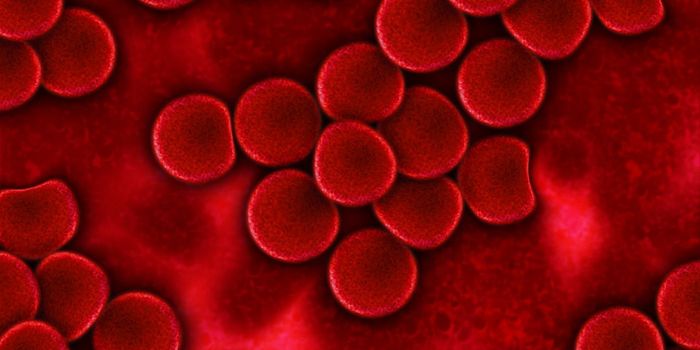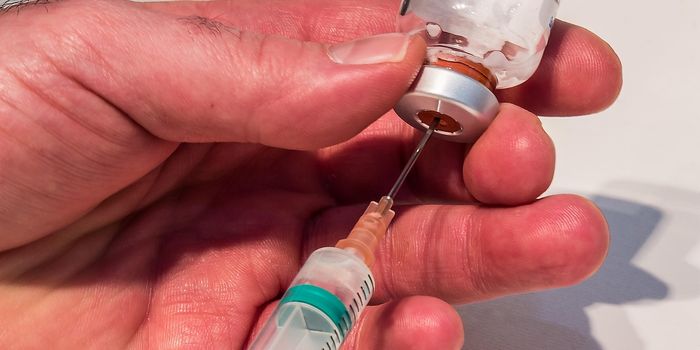The Keto Diet and Cancer
A ketogenic (keto) diet, characterized by high fat intake along with minimal carbohydrate and protein consumption, promotes the breakdown of fats. Eating a keto diet mimics a fasting state in which fats break down into molecules called ketones. Upon entering the blood circulation, ketones supply energy to cells as they grow and perform regular functions.
Keto diets have gained popularity in recent years, in part due to their discussion in mainstream news and social media trends. Integration into pop culture through celebrity endorsements has further promoted trends towards low carbohydrate diets. Foods, beverages, and supplements to support a keto lifestyle have also emerged. In 2019, the global ketogenic diet market reached almost 10 billion dollars, with an expected 5.5% annual increase through 2027.
While the recent gain in popularity and global market value likely stems from increased interest in weight loss programs, keto diets have been used as a treatment modality for some types of epilepsy for nearly a century. Around the same time, German physiologist Otto Warburg discovered that cancer cells required glucose, sugar derived primarily from carbohydrates, to survive. Eventually known as the Warburg Effect, the concept has prompted research into the potential benefits of high-fat/low-carbohydrate diets for cancer patients.
A team of researchers investigated how a high-fat diet could impact tumor growth in mice and recently published their findings in Cell Metabolism. The mouse models used in the study represented both colorectal and pancreatic cancers. The researchers fed the mice either a normal-fat diet or a high-fat keto diet.
Compared to the mice receiving normal diet, the mice that consumed a keto diet exhibited delayed tumor growth but also a faster onset of cancer cachexia, the extreme loss of body weight and muscle mass occurring in some cancer patients. The acceleration of cachexia led to shorter survival in mice fed the keto diet.
The researchers show that fast-growing cancer cells require a lot of energy and thus rely on glucose. Therefore, the mice receiving the low carbohydrate keto diet do not have enough glucose to supply the growth, essentially starving the cancer cells to death. Mechanistically, the researchers found that the keto diet-induced cancer cell death through a process known as ferroptosis.
Further, the study revealed that the keto diet impaired production of corticosteroids, hormones that suppress the immune system. The resulting dysregulation of corticosteroids led to accelerated cachexia and subsequent onset of cachexia. However, administering a glucocorticoid (dexamethasone) delayed cachexia onset, simultaneously delayed tumor growth, and prolonged the lifespan of mice consuming a keto diet.
These findings remind us that specialized diets or other systemic therapeutic regimens can have differential effects. In the current case, the study demonstrates that while a keto diet has anti-tumor effects, it may also negatively impact the overall health. Importantly, this study brings attention to cachexia which remains a poorly understood complication of about 80% of cancers and about 30% of cancer mortalities.
Sources: Mo Med, Front Neurosci, JAMA, Fed Pract, J Can Res, Trends Biochem Sci, Cell Metabolism, Molec Cancer









